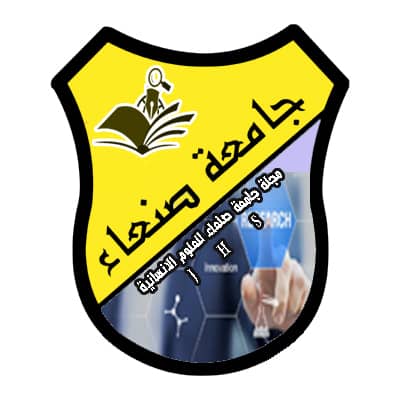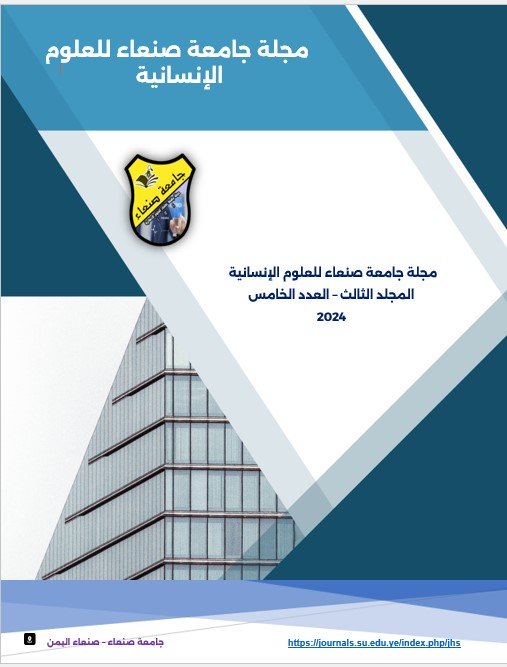The Extent of Benefiting from Impure Substances for Therapeutic Purposes after Transformation
Main Article Content
Abstract
The research aims to identify the Islamic ruling on transforming impure substances into other pure substances, the Shari'a ruling on the purity of these transformed substances, and the extent to which these impure substances can be used after transformation.
The researcher followed a comparative approach between various jurisprudential schools, using inductive, theoretical, and descriptive analytical methods.
The researcher identified the main terms included in the research. The objectives, importance and reasons for choosing the research topic were also determined.
The research reached the following conclusions:
- The permissibility of seeking treatment with impure substances is permissible if they have been transformed into other pure substances, a complete transformation has been achieved, and there is a necessity and lack of alternatives.
- Islamic jurisprudence (Fiqh) adapts to contemporary issues and accommodates the evolving needs of life. This is achieved by incorporating new forms and cases under the established rules and principles of Fiqh. This process revives and renews the effectiveness of Islamic jurisprudence.
A set of recommendations were made, the most important of which are:
- It is necessary for the concerned authorities in Islamic countries to utilize the hides and bones of animals slaughtered according to Islamic methods, to extract gelatin from them, and to encourage the pharmaceutical industries in Islamic countries.
- Integrating Sharia-based subjects in medical education, so that graduating doctors and pharmacists have the necessary Islamic knowledge to address the religious concerns of patients
Downloads
Article Details

This work is licensed under a Creative Commons Attribution-NonCommercial-NoDerivatives 4.0 International License.

